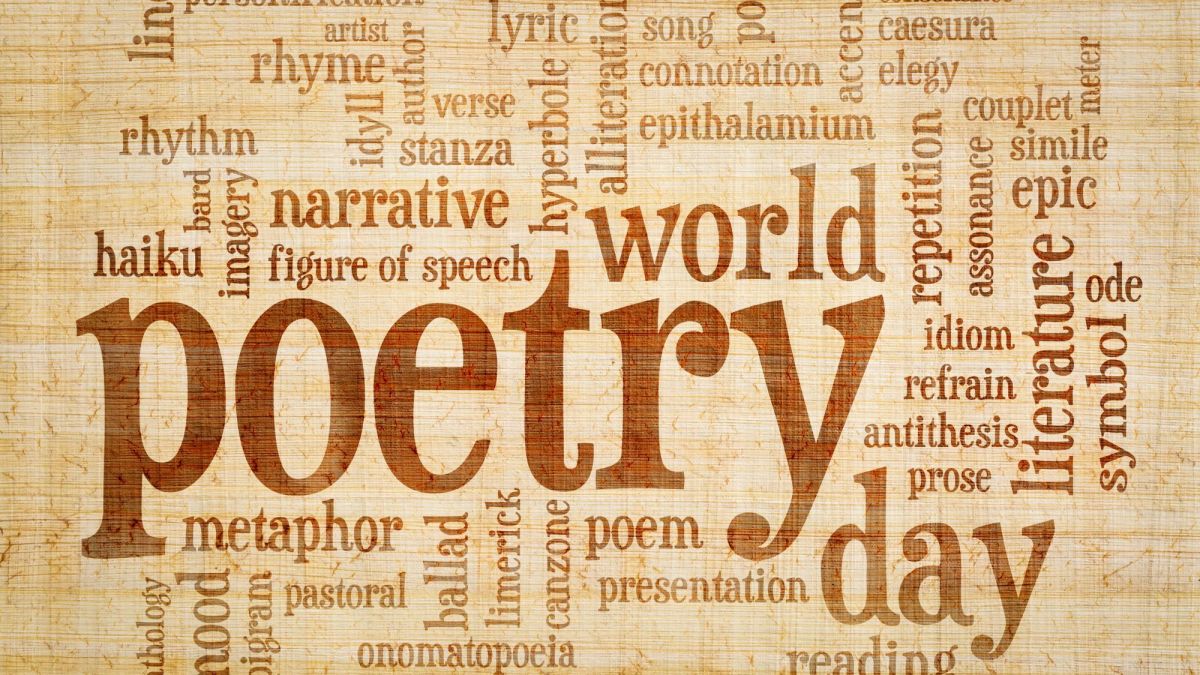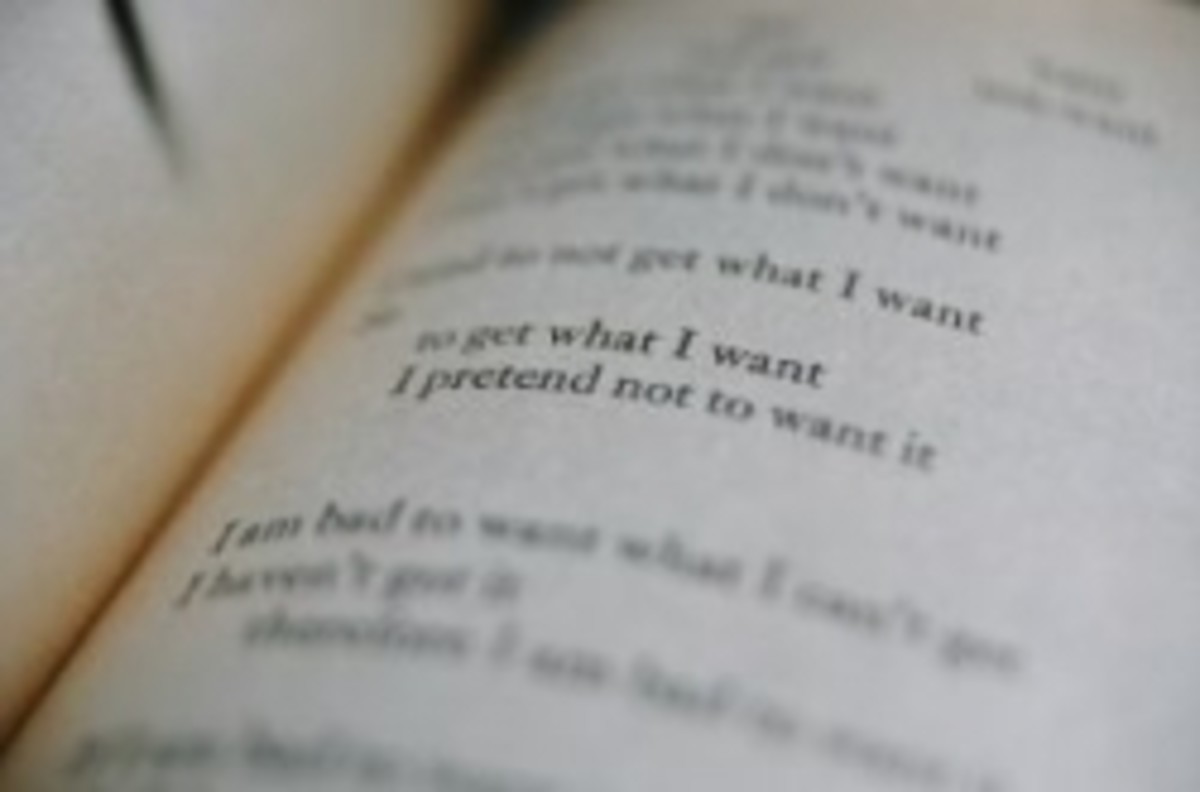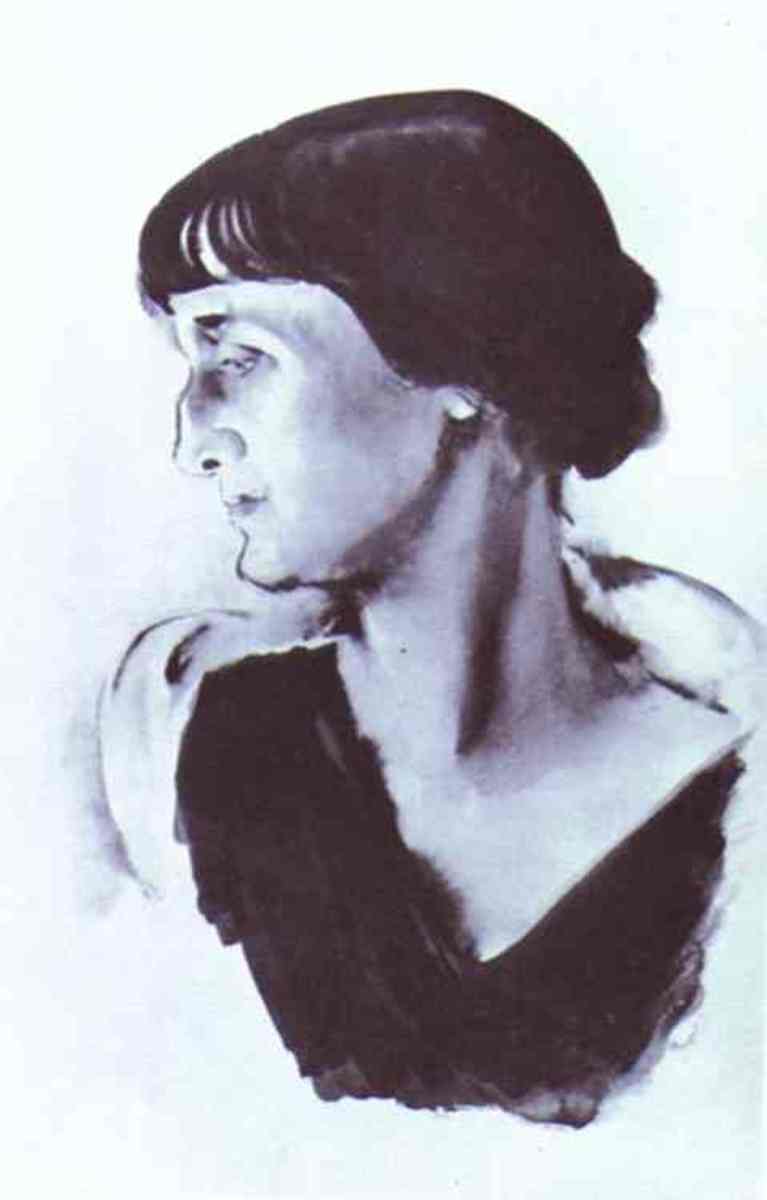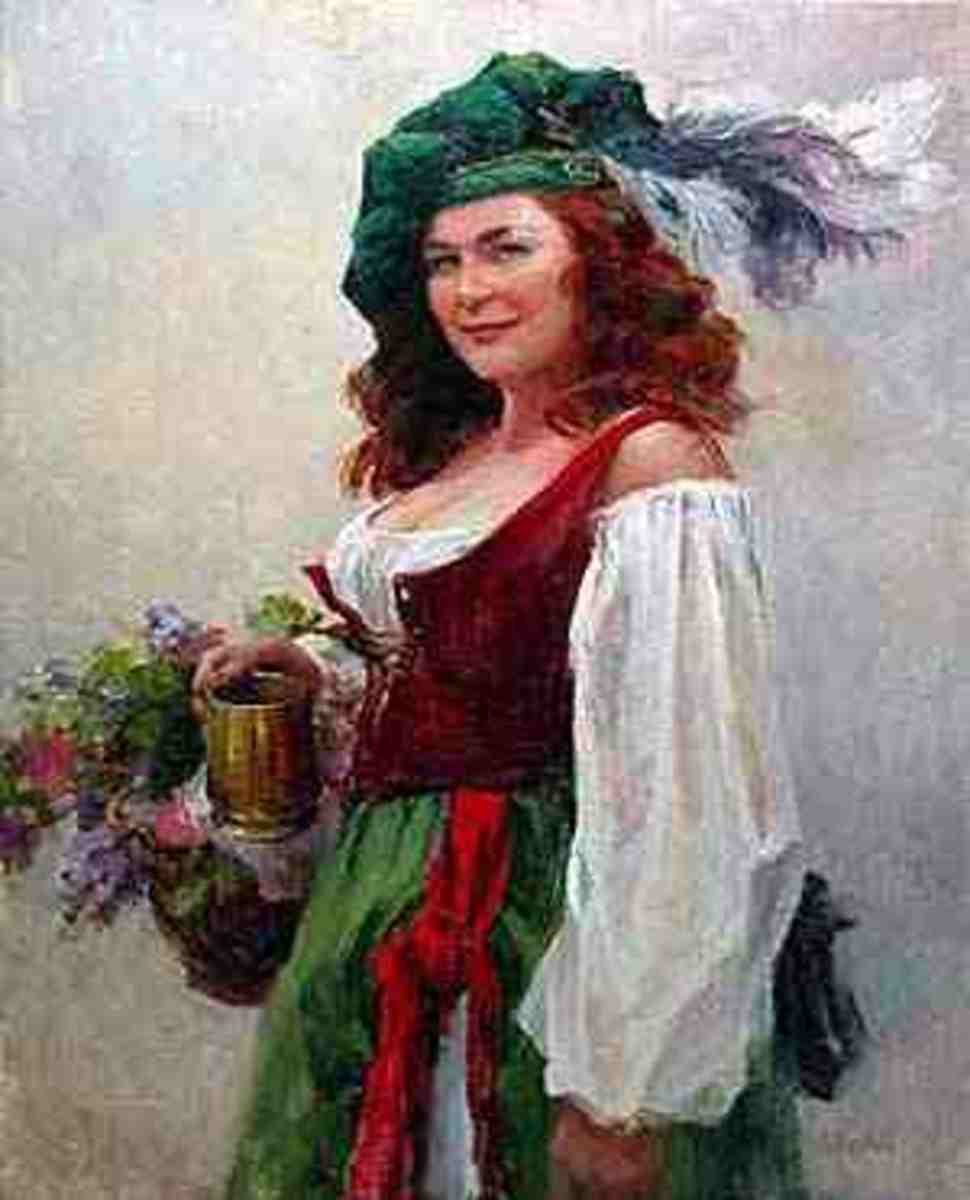The Splendid Vexing Voice of the Poet
CLXXIII.
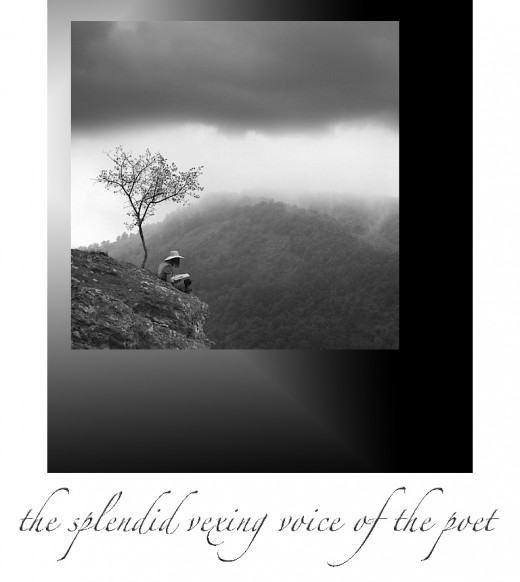
This magnetic voice
Which sings in the sunshine,
Cries in the rain,
Brings on the night
To feel all its pain,
Puzzles, perplexes
As it vexes in vain.
It reveals to us nothing,
Yet stirs us too much.
We're drawn to rehearse
Each sigh and each crutch,
Immersing our very own souls
In scintillating, shimmering verse.
______© Nellieanna H. Hay

"Poetry is not a turning loose of emotion but an escape from emotion; it is not the expression of personality but an escape from personality"
__T.S. Eliot
Eliot’s observation and belief was that what makes a poem poetry is not its relationship with its author, but its effect on its reader. Poetry acts on readers in certain ways not to be expected from ordinary prose.
Eliot truly felt that whether or not a poem expresses sincere feelings and thoughts of its author is irrelevant. He believed its merit lies in its ability to manipulate the feelings or thinking of the reader, much as demographers today manipulate presentations of commercial products to control a desired response in the buying public. According to Eliot, the test of a poem is not its sincerity but the excellence with which it ‘works’ or not.
Some have agreed with this viewpoint, corresponding it to clockmaking, in which it is of no concern to the clock's user what the frame of mind of the worker who made a clock; only whether or not it tells correct time. Some find Eliot’s position on poetry simply ‘common sense’. So poetry is just common sense? One wonders how that differs from ordinary prose!
Roland Barthes incorporated this pragmatic viewpoint as the basis for his “death of the author’ theory, in which he submits that all personality, identity and being of an author should be excised from his creative work. One wonders if the author's very name ought to be omitted. I notice how well that mimics the excising techniques in progress in many quarters regarding universal Creation.
The argument for disallowing the author's presence 'in' his work is that having it would necessarily narrow it, presenting only his idea, which is imposed on the reader. I must laugh. Whose-else ideas shall an author present and when EVER did anyone actually succeed in imposing an idea on anyone else? And, finally, what about these unilateral ideas themselves?
"Poems are full of relationships and juxtapositions that tease the imagination and speak to the heart of human experience. There is no single and unambiguous reading of a poem. It depends upon the reader’s experience as well as the experience of the poet, so reading poetry is a form of engaging in dialogue. It is a conversation, not with the poet, but with her or his work in the same way that listening to music and looking at a painting involve the experience as well as the creative and critical input of the listener and the viewer. That’s part of the pleasure of reading poems. As a reader you are active, not passive."
~ Herbert Kohl, from A Grain of Poetry
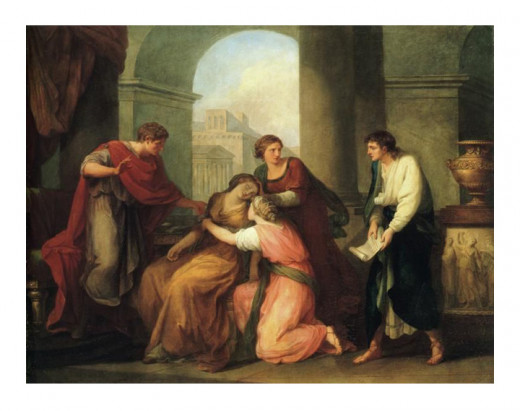

“Poetry may make us from time to time a little more aware of the deeper, unnamed feelings which form the substratum of our being, to which we rarely penetrate; for our lives are mostly a constant evasion of ourselves.”
__T.S. Eliot

While I cannot agree with Eliot that a poet writing without inspired personal experience of the words will be able to produce fully effective poetry, much less that is the only way to do so, yet I agree that it is its effect personally on the hearer or reader which makes it 'jell' and 'work' when shared or published. At that point, the poet cannot hope or expect that the perceived effects will coincide precisely - if at all - with thoughts and feelings which inspired it. Initially, poetry fills the need to express for the poet. Ultimately, it becomes the discovery of emotional and mental 'gold' for the reader, as it is being claimed and appropriated by and into himself.
To write their writings, poets must possess the keenest of self-awareness in order to experience ideas and feelings and to fully instill them into the lines. But then, in order to share them, either formally or informally, a poet must relinquish even the slightest shred of that self-awareness and any ego that might accompany it, because the words will not be ingested, felt, or interpreted by a hearer or reader as the poet felt, meant or may have intended them. There is no way to inject them 'whole' or unaltered, even into a totally willing ear, which would be a rarity of a high degree.
The end result of the exchange from poet's soul to publishing to being seen or heard by an audience is that, once so shared, the words and all they meant to the poet are given over to whomever random others' awareness, comprehension, and personal identification with them happens along. The poet's words become vulnerable to those others' acceptance or criticism; but, possibly more devastatingly, to their full possession, by which they will be lifted and fit into or around their own experiences, memories, feelings, thoughts and abilities to understand. No longer do the poet's words belong to the poet, nor to his or her own momentous feelings, ideas and intentions which inspired those words, except whenever enjoyed alone, in private subjectivity. There is a kind of subjective plagiarism in the recipients which occurs whenever any words are exchanged from their originator onto and into their audience; and, if the words are well received and given honor, by general and literary experts and interpreters.
Eliot and Barthes needn't have been concerned. Human nature is the natural leveler. Even so, it likes to know from whom it's incorporating its input. Leave the author 'in there'. At best, it's a temporary position which will be chewed up and digested along with the words and their intimate, personal inspiration!
To 'own' means to possess. When released to the universe, it is no longer 'owned'.
It merely disperses random positive or negative effects on others, or else withers.

Poets are folks who find
Short-term commitments
Inscribed in cryptic comments
Describing Long-Term Real,
Rejecting superficiality
With all its mean confusion.
They'll borrow, beg or steal,
To capture precise moments
In words without conclusion
Wiggling across the page
Like restless caterpillars
In a glorious profusion.
Sometimes they find, embrace
That elusive Eternal Now
Which lingers everywhere,
Defying every Age, all Times,
Implying every silent Truth,
Yet captured by their rhymes.
______© Nellieanna H. Hay
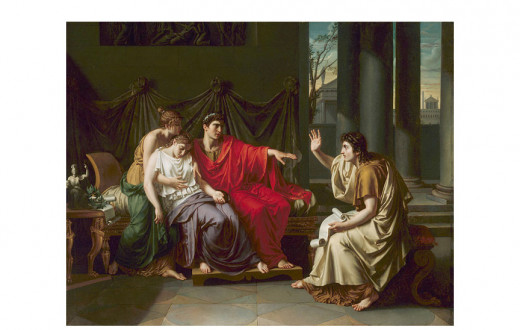
American politician Mario Cuomo said that “you campaign in poetry, but you must govern in prose”.
Poetry
Invisibly
Writes upon
The page of life.
______© Nellieanna H. Hay

Theme from 'Out of Africa'
“All sorrows can be borne if you put them in a story or tell a story about them.” ~ Isak Dinesen
Isak Dinesen is the pen name used by Danish author, Baroness Karen von Blixen-Finecke, upon whose story the movie “Out of Africa”, set in Kenya, is based.
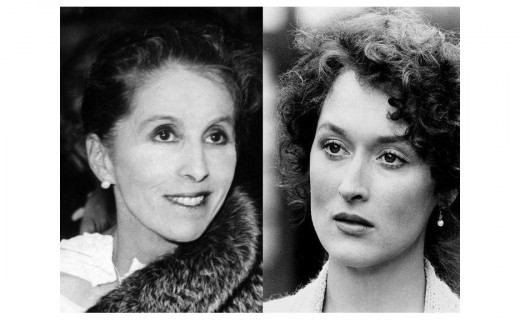

The story of the book and movie, 'Out Of Africa'
"Out of Africa" was written by Isak Dinesen in 1935, a personal memoir. In it, she follows her life in the early 20th century from her native Denmark into the wilds of Kenya, onto a farm she acquired to escape scandal back in Denmark, and which she developed into a working coffee plantation. She had acquired the Baroness title through a marriage of convenience, also to escape that scandal. The Baron conspired with her on this plan. Thus began the saga.
Made into the movie about her amazing experiences and dauntless courage, in which Meryl Streep portrays the author, it is a sweeping story which almost beguiles one into 'being there' with her.

By lifting the weight
Off the lines,
Poet rescues spirits
From their weights
Beyond their bearing,
Frees their spirits
To persist by sharing,
Brings to others
Paths to freedom
From their weights.
______© Nellieanna H. Hay
The Soul of Poets
Whispering
The truth
Which wants
To shout it out for joy
Unfurled
Requires
Great strength
To know to keep
Till ready
To poem it
Into verse
With time and care,
As sand is pearled.
I, too,
Have wanted,
Waited for
The proper time
To share,
To tell it
To the world.
______© Nellieanna H. Hay

Lori Lieberman wrote a poem on which these lyrics were based.

The story of the song "Killing Me Softly With His Song"
The actual story behind the lyrics to the song, "Killing Me Softly With His Song", made famous by Roberta Flack, may be unknown to you. In 1974, Lori Lieberman was a singer looking for one more song for an album when she dropped into a Beverly Hills club, The Troubadour, to hear a young singer, Don McLean, who was singing a song titled, "Empty Chair'. She was anguishing over a love breakup. The lyrics to his song felt to her to perfectly fit her feelings, almost as though he literally saw into her heart and mind, as he seemed to be singing specifically about them, though he was unaware of her presence, much less of her anguish. It was then that she jotted on napkin the beginnings of the poem which would become the lyrics to this now-famous song, when another lyricist finished it, and she first recorded it, as you've heard here.
The inspiration for the song itself is an example of how Don McLean's spoken or sung words found identification and lodging within a listener, Lori Lieberman, because of a similarity to what is going on already in there. Poets and lyricists can never know how their words will reach out and travel.
Empty Chair by Don McLean

Who knows?
Within the poet's eyes
The Earth comes more alive
Or sinks toward the dead.
Becomes the brighter or the dimmer,
Merely through the words, when read.
With the smallest lens adjustment,
A cast of word or two,
We can set the stage
For the whole Uni-verse
Upon our poet's page.
We give them to the readers
To use for their own means.
To take on brilliance unbidden
Or misery's nightmare dreams
Extracted from our schemes.
Should we possess such powers?
How could we? Is it fair?
Is self-protection justified?
Is freedom so forbidden?
Are we responsible for others' using ours?
We have to live, ourselves,
Out here along the fringes
Of eternity's puzzling fuss,
Among its fiery energies
Set to frighten us.
Have we no right to quest,
To set our grappling eyes
Upon what 'ere we see
To make of it a heaven or a hell
To suit out needs, like all the rest?
Have we no right to use the word
Transmitting imagery
'Tween souls among ourselves,
With splendored lines and notes
To lighten up the savagery?
Is not this human Life
A force among the Forces
To be more amply reckoned,
Its voice becoming clearly heard
Describing joy and strife?
~ Yes, perhaps! ~
______© Nellieanna H. Hay

A poem's a conscious dream
Perhaps,
A tiny drama
Having one actor,
One director,
Author and prop person:
A one-woman show.
And so
It should describe her
Pretty well.
______© Nellieanna H. Hay
Penned Mar. 9, 1972
I am in it still.
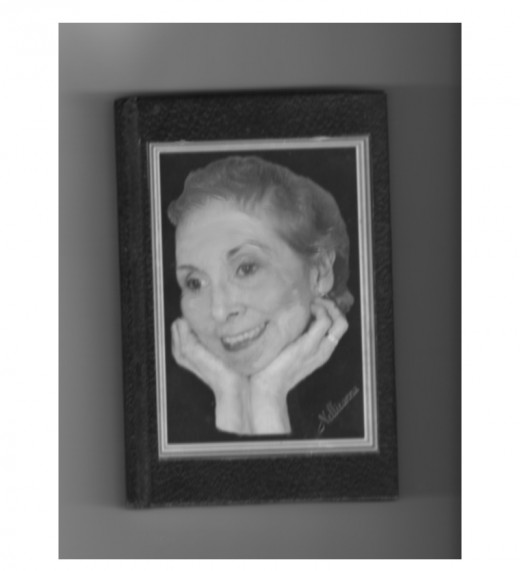

You may like to check out more of my poetry about poetry:
- Poets and Poetry
© Nellieanna H. Hay
ALL RIGHTS RESERVED. This material is protected under International and Federal Copyright Laws and Treaties. Any unauthorized reprint or use of this material is prohibited. No part may be reproduced or transmitted in any form or by any means, electronic or mechanical, including photocopying, recording, or by any information storage and retrieval system without express written permission from Nellieanna H. Hay.
© 2014 Nellieanna Hay


